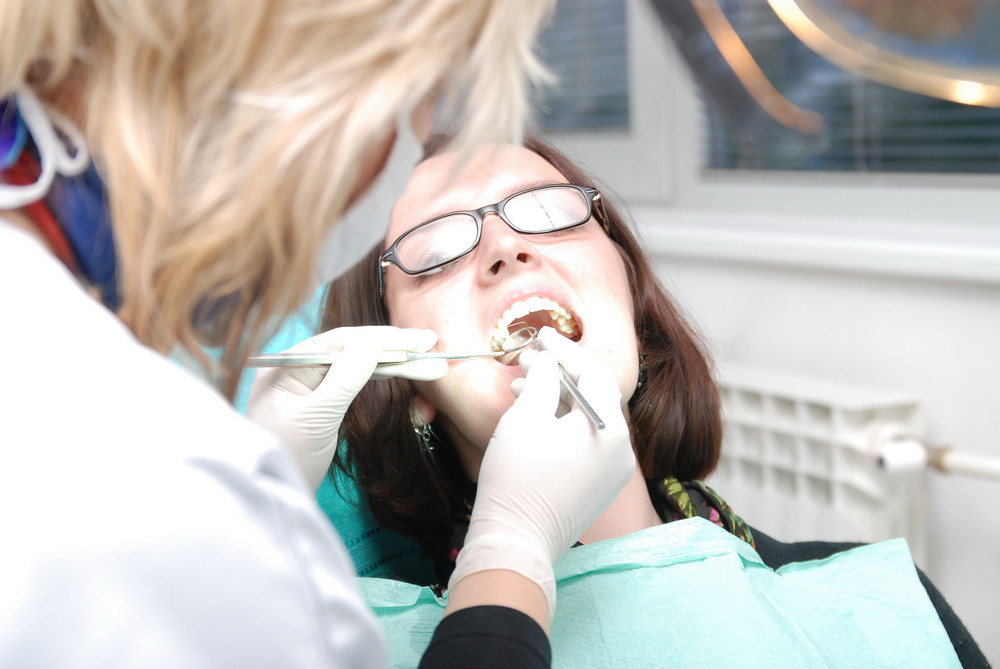
It’s no secret that oral care is important. Brushing and flossing your teeth regularly helps keep your smile healthy and looking good. But did you know that, according to Science Daily, 25% of adults don’t brush their teeth twice a day? Or that not brushing gives you a 33% higher chance of developing tooth decay?
Any dentist will recommend brushing your teeth at least twice a day and flossing and using mouthwash regularly, too, so make sure to make it a habit! Brushing your teeth regularly is important because it helps keep your smile healthy and looking good. It also helps prevent tooth decay and other dental problems.
Tooth Decay
Tooth decay, also called dental caries or cavities, is a disease that affects the teeth. It is caused by bacteria that eat away at the enamel and dentin of the teeth, creating holes (cavities). Tooth decay can lead to tooth loss if it is not treated.
Cavities are holes that form in the teeth due to tooth decay. They can be treated with a number of methods, including fillings, crowns, and root canals. Fillings are the most common way to treat cavities. A dentist will remove the decayed tissue and then fill the hole with a material like silver amalgam or composite resin. Crowns are used to cover a tooth that has been extensively damaged by decay. Root canals are used to save a tooth that has been badly infected and is in danger of being lost.
Tools for Treating Wear
There are many different types of toothbrushes available, so choose the one that’s best for you and brush properly. Some of the most common types of toothbrushes are manual toothbrushes, electronic toothbrushes, and water flossers.
Manual toothbrushes are the most common type of toothbrush. They are usually made of plastic or rubber and have bristles on the head. Electronic toothbrushes are powered by a battery and have a rotating head that cleans your teeth, which some people ascribe to being easier. They also have timers to help you brush for the recommended two minutes. Some electronic toothbrushes come with a UV sanitizer to clean the brush head and promote further protection from germs.
Water flossers are handheld devices that shoot water out of a narrow nozzle to clean between your teeth, which many have found help with places brushes struggle to reach. With all of these options, be sure you maintain good oral hygiene and visit the dentist regularly.

